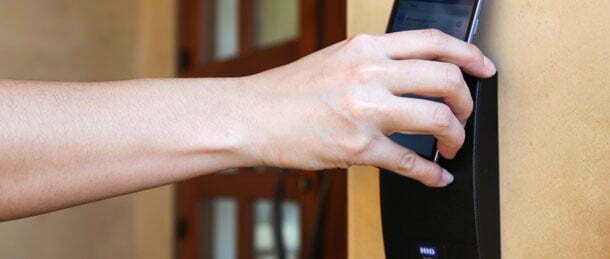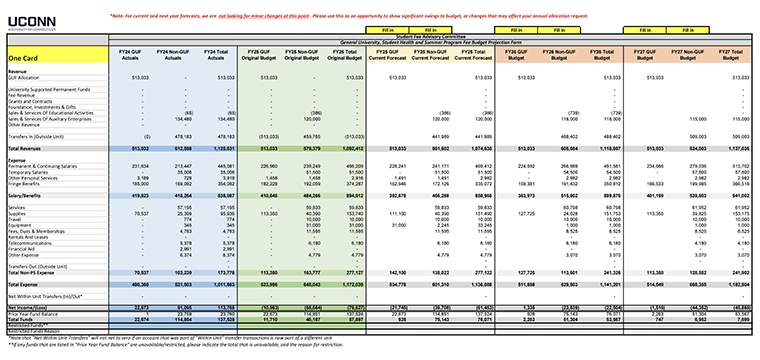
HID Global and Vanderbilt University have partnered to install a new access control system that leverages smartphones and Bluetooth Smart. The new pilot aims to demonstrate mobile’s capabilities as a convenient and compelling alternative to opening doors.
The pilot was implemented using the HID Mobile Access solution that supports Bluetooth Smart and includes Mobile IDs, Mobile Apps, mobile-enabled iCLASS SE readers and the HID Secure Identity Services portal for provisioning and revoking Mobile IDs to a variety of Apple and Android devices.
Users can either tap their device or use the HID’s patented “Twist and Go” gesture technology to open doors and gates from a distance.
This is the latest pilot that HID has delivered to the higher education market, after previously exploring the use of NFC on campus.
HID previously tested NFC at Arizona State that involved a select group of students and staff using NFC-enabled smart phones equipped with HID’s Secure Identity Object (SIO) Technology. In that pilot, participants could gain access to their residence halls and other secure access areas by tapping their handset against a reader embedded in the door and entering a PIN, rather than using their campus card.
In the time since, Bluetooth Smart has emerged as a competitor to NFC, potentially paving the way for a new mobile solution on campus.
The Vanderbilt pilot consists of approximately 15 participants that each used their smartphones for door access at one or more of six possible campus entry points, including a parking garage. The entry points were equipped with mobile-enabled iCLASS SE readers that were configured to work with existing iCLASS smart cards as well as HID Global’s Mobile IDs.
“A critical element of HID Mobile Access is its ease of issuing, managing and revoking Mobile IDs to smartphones, and the pilot results reflect our achievement in creating a user-friendly experience for customers via our HID Secure Identity Services portal,” says Anthony Ball, senior vice president, Identity Access Management with HID Global.
“The university provided positive feedback on the Mobile ID issuance process, citing that the portal made it fairly straightforward and provisioning was fast and easy,” Ball adds. “The university’s system administrators particularly liked how they could see the status of the invitation and each device all the way through the registration and provisioning process.”
Vanderbilt uses CBORD’s CS Access solution with integrated VertX access control panels from HID Global. CS Access is a fully integrated component of the CS Gold campus card solution, and the pilot required no changes to the CBORD system to facilitate the use of Mobile IDs on smartphones for access.
Participants used their own smartphones in the pilot and included Apple iPhone 4S, 5, 5C and 5S devices along with Samsung Galaxy S4 and Mini 3S handsets running Android.
“Vanderbilt University is a long-time CBORD client with a very innovative campus card and integrated security program,” says Max Steinhardt, president of CBORD. “Bluetooth Smart is a powerful new technology making the student experience more convenient and secure. We’re really pleased to partner with Vanderbilt and HID Global in this exciting pilot program to further demonstrate the value of mobile credentials in the university environment.”
Upon surveying the Vanderbilt pilot participants, respondents cited convenience as the top attribute of HID Mobile Access, since their smartphones are always with them and they are less likely to lose them as compared to their access card. Moreover, respondents also hailed the benefit of using their phone as a backup in cases where their cards were lost or stolen.
The pilot participants also expressed their approval of HID Global’s “Twist and Go” gesture technology to open the garage parking gate as they drove up to the reader, particularly because it saves them from having to roll down their window as they approached the gate.
Participants also commented on the efficiency and simplicity of installing and registering the HID Mobile App, citing that it required five minutes or less to complete the process, and was a straightforward and intuitive experience.
The pilot has, thus far, been met with positive feedback from participants. For new buildings, Vanderbilt plans to install iCLASS SE readers so it can leverage the capabilities of mobile access in the future, while still retaining interoperability with legacy card technologies.




